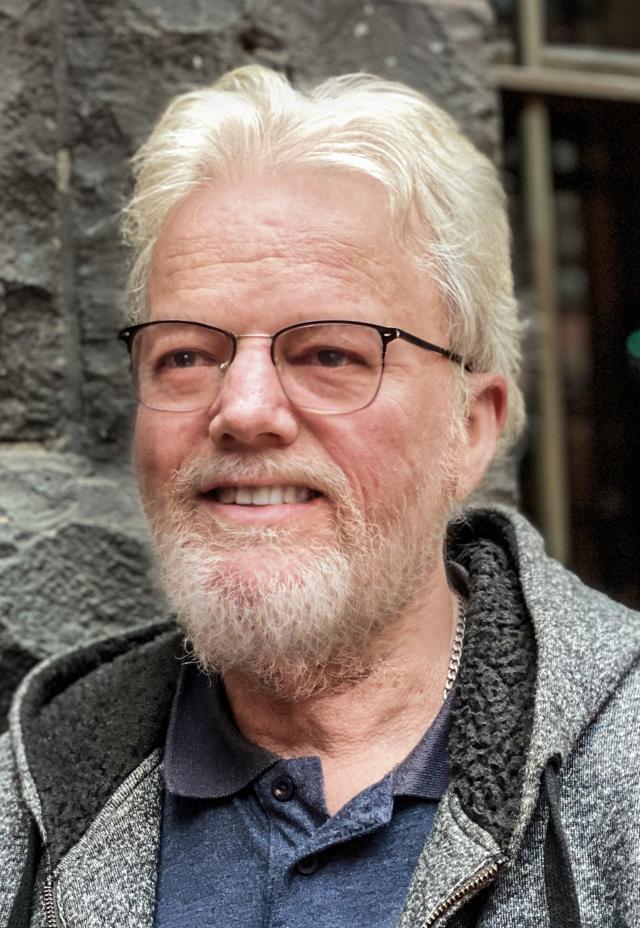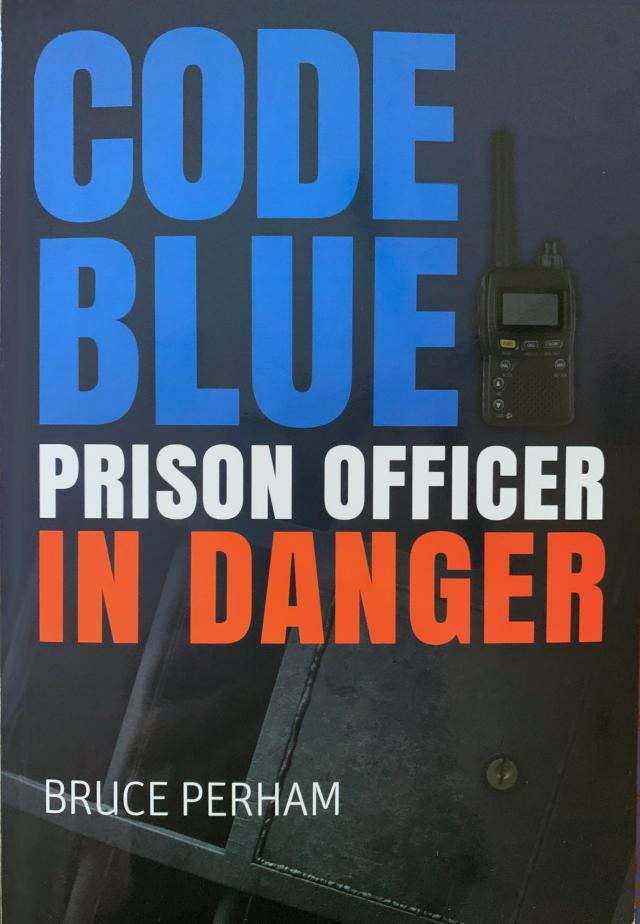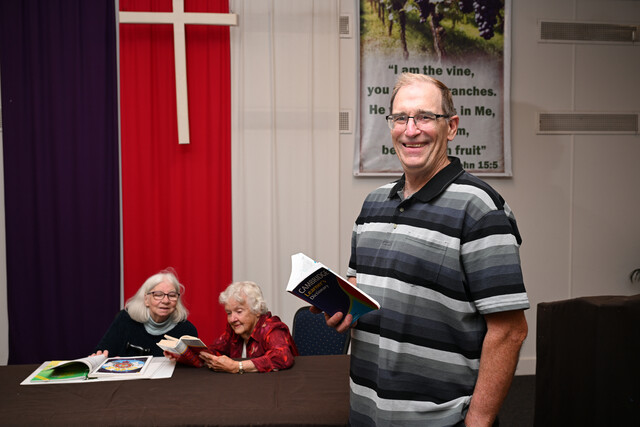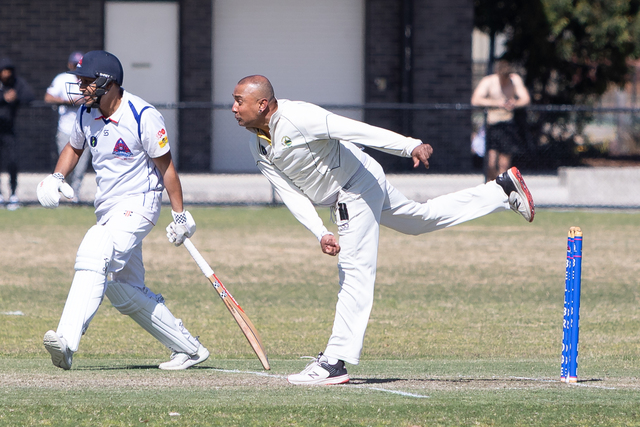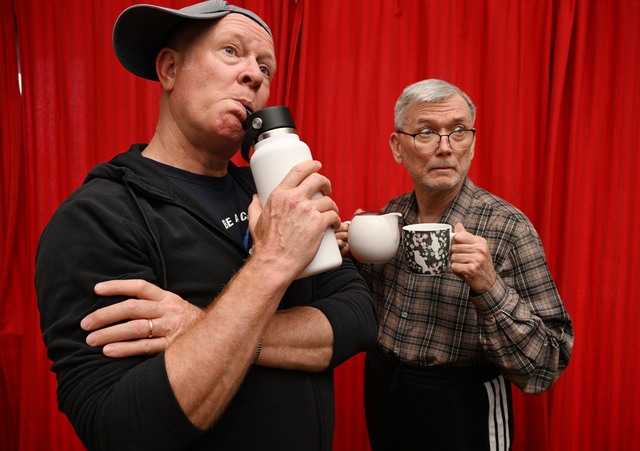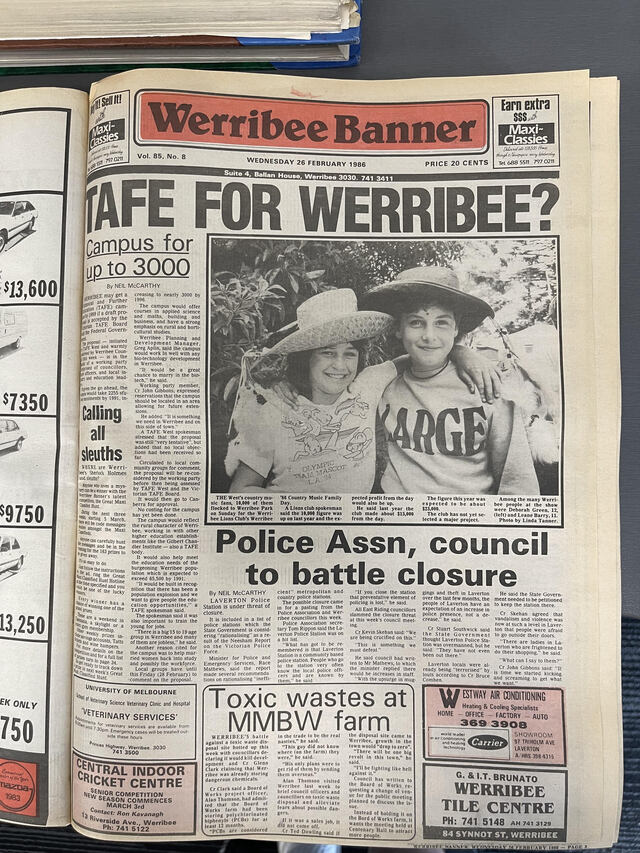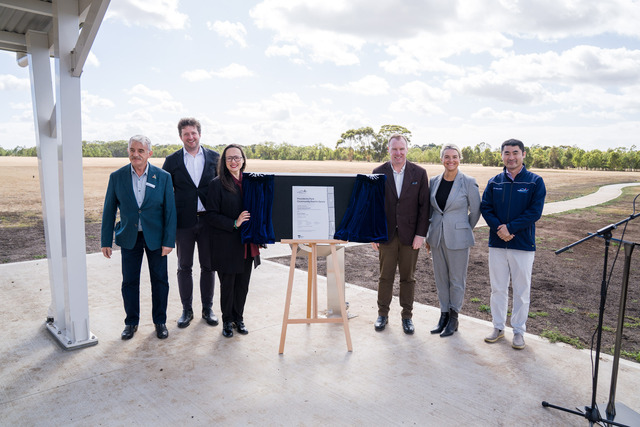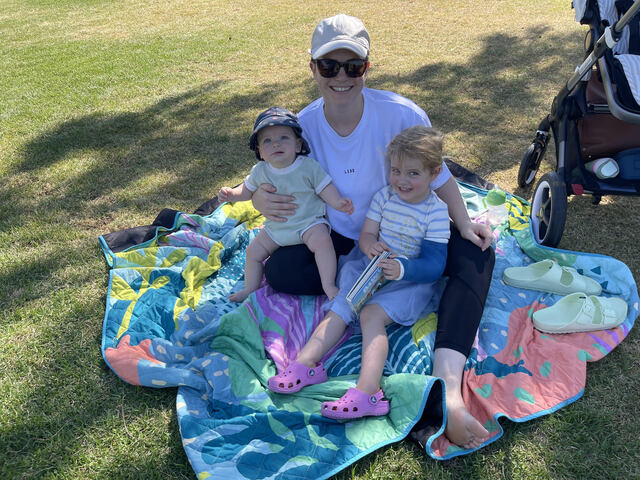Bruce Perham says that prison officers are “unseen first responders” who deal with traumatic and harrowing incidents every day.
A social worker and family therapist, Perham has spoken to hundreds of correction officers and non-custodial staff at Melbourne’s maximum security prisons – including those in the western suburbs – across the past decade in his role as a counsellor.
Perham said he started doing this after an employee assistance provider engaged him to work with Department of Justice and Community Safety (DJCS) staff.
“The first time I went into a prison was after a prisoner had committed suicide,” Perham said.
“I got a call early in the morning to see if I could sit with officers who had been involved in the aftermath and do a psychological debrief.”
In 2016, he was contacted by a prison operations manager, who was concerned about how the frequency of self-harm among prisoners was impacting on correctional officers.
Perham started a program to assist officers at high-security prisons in dealing with trauma and their mental health, which prioritised talking about the worker’s own experiences.
“Probably across the course of year I had about 450 prison officers for the training and I just learned so much,” Perham said.
This resulted in Perham wanting to raise awareness about the confronting nature of prison officer’s jobs and the need for them to be offered better support, including post-trauma assistance.
Perham has penned the book Code Blue: Prison Officer in Danger, giving an insight into the profession, without breaking confidentiality or identifying anyone.
“They (prison officers) also do not get the kudos and public recognition for what they do,” he said.
“As a counsellor, you hear sorts of lived experiences, about sadness and trauma, you hear things a lot of us don’t hear.
“This is high stakes stuff and it changes people’s lives.”
Perham said that about 30 to 40 years ago, a culture developed among prison workers of ignoring the psychological impacts of their chosen career, although many people in the job now have a different mindset.
However, Perham said some prison officers he has met have developed anxiety from exposure to repeated trauma, not realising that it was a diagnosable mental health condition.
“When you’re in an environment with suicides and brutal suicides from prisoner to prisoner, triggers from that can be triggers in the future,” Perham said.
For the book, Perham also interviewed a friend who worked as a prison officer for about 30 years, plus the man’s wife and adult children.
“He provides a fantastic insight into what he went through at Pentridge and up until a few years ago, when there was a death in custody and it was one trauma too much, and he never went back,” Perham said.
Another aspect of the book is Perham’s experience as a 27-year-old social worker, when he attended a job that triggered “a lot of childhood stuff for me”.
Perham said his sister Leanne died at two-and-a-half years old, after being diagnosed with leukemia.
“I wanted to include this to show I’m not a disconnected professional, I’ve experienced this kind of thing myself, in a different context,” he said.
Perham said he has received “great feedback” on his book for prison officers across Australia.
“It’s pretty heavy – it’s not as heavy as it could be – some have said they could only read it in short bursts,” he said.
Perham said it was important for the community to realise that prison officer care immensely about the inmates of correctional institutions.
“In actual fact, they really do provide good support, do protect the prisoners from each other and assault,” he said.
“They are actually dedicated to saving the lives of prisoners and keeping them safe.”
Code Blue: Prison Officer in Danger is available at letstalkdifferently.com.au/product/code-blue-by-bruce-perham/, RRP $28.50.
For assistance contact Lifeline on 13 11 14 or see www.lifeline.org.au

